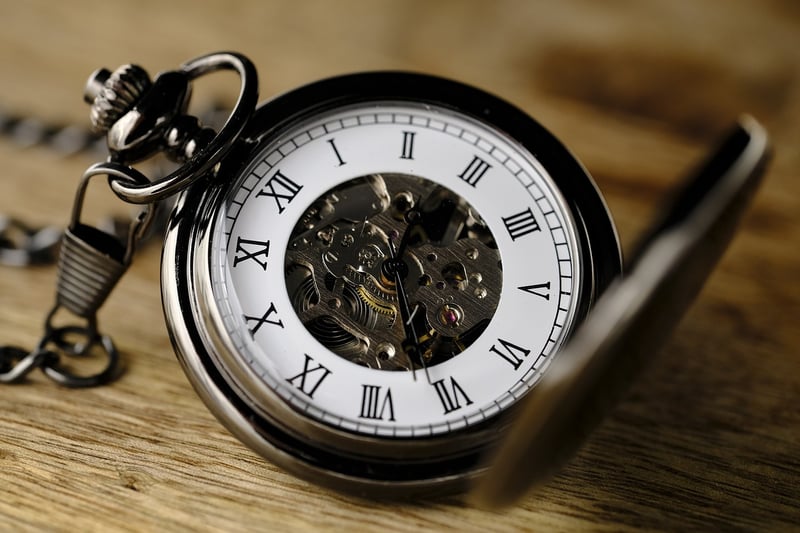Temporal Loops
The Fascinating World of Paradoxes and Temporal Loops
Have you ever pondered the mind-bending concepts of paradoxes and temporal loops? These intriguing phenomena challenge our understanding of time, reality, and causality, offering a glimpse into the complexities of the universe.
Understanding Paradoxes
Paradoxes are self-contradictory statements or situations that defy logic. They often lead to a deadlock in reasoning, creating a loop of conflicting information. One of the most famous paradoxes is the Grandfather Paradox, where a time traveler goes back in time and prevents their grandfather from meeting their grandmother, thus preventing their own birth. This paradox raises questions about causality and the possibility of changing the past.
Examples of Paradoxes:
- Bootstrap Paradox: Information or objects exist without being created, leading to an infinite loop of cause and effect.
- Ship of Theseus: A philosophical paradox about identity and change, questioning whether an object remains the same if all its parts are replaced over time.

Delving into Temporal Loops
Temporal loops, also known as time loops, occur when an event in the timeline repeats itself endlessly. This phenomenon blurs the line between cause and effect, creating a closed causal loop where the outcome influences its own cause. Films like "Groundhog Day" and "Looper" explore the intricacies of temporal loops and their profound implications.
Characteristics of Temporal Loops:
- Repetition of Events: The same sequence of events occurs repeatedly.
- Memory Retention: Some characters retain memories across loop iterations, leading to personal growth or manipulation of outcomes.

Embrace the enigmatic world of paradoxes and temporal loops, where time is not just a linear progression but a convoluted tapestry of twists and turns. Whether you're a fan of science fiction or philosophical conundrums, these concepts offer a captivating journey into the unknown realms of time and space.
